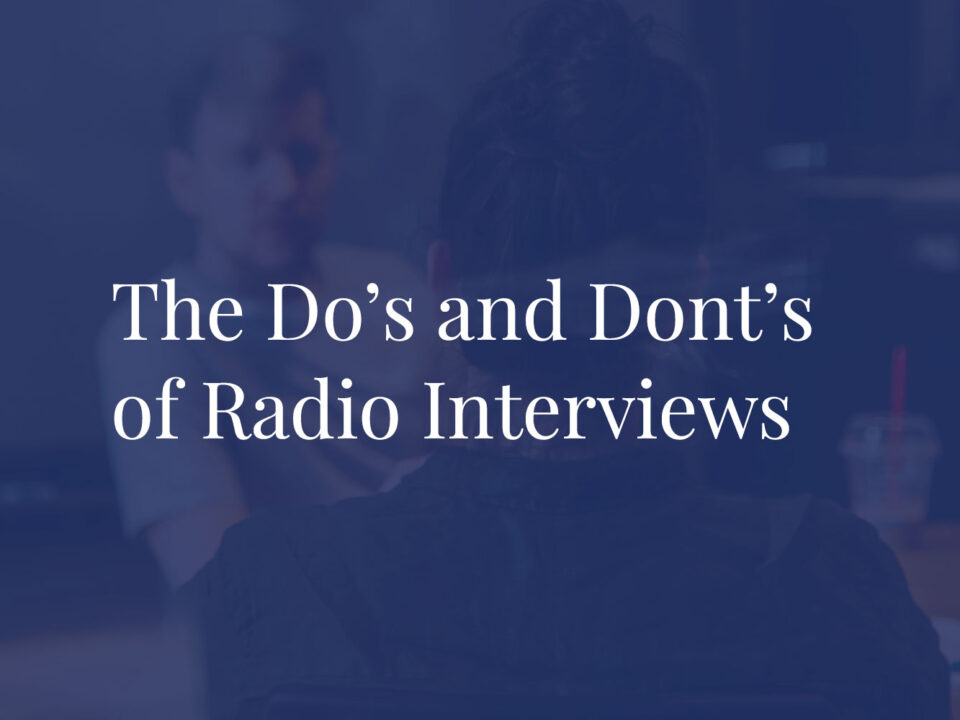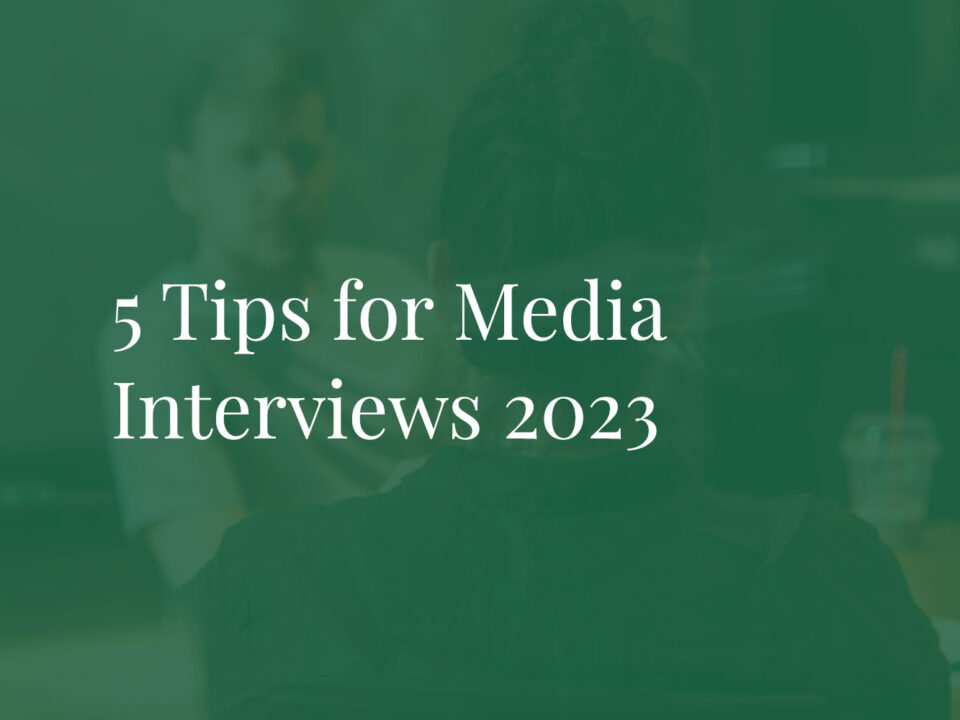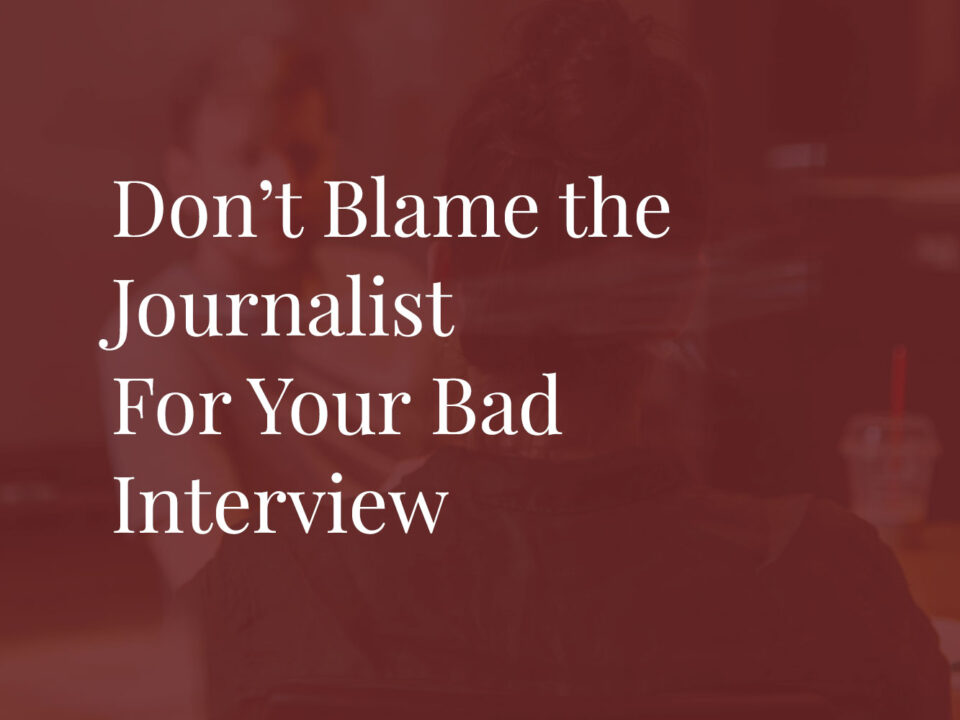Why “No Comment” Won’t Cut It in 2022

You may be one of the lucky ones who never find themselves in front of the media over a contentious issue or crisis. Conflict is exactly what makes news ‘news’ and if you watch the news tonight, you will notice the most common theme behind every story is conflict. Whether the story is about man versus the environment, politician versus politician, big corporate versus little guy, it’s almost certainly based on some type of conflict.
If you find yourself dealing with a crisis or you have a contentious issue that needs addressing in the media, responding with the words “no comment” will only make matters worse. By responding with “no comment” you are effectively telling your audience you are to blame, wrong or you have something to hide. “No comment” equals “guilty”. This response will send audiences into speculation and journalists running to find an alternative view which may not be the response you want.
If you think saying “No comment” will make a story disappear you are sadly mistaken. The media will run the story with or without your help and if they can’t get a comment from you, they’ll get one from someone else and that ‘someone else’ could be the ‘other’ party in the conflict, your competitor, or aggrieved employee.
So, what should you say? The rule of thumb is to explain why you can’t respond and put things in perspective. Relevant key messages may also help you tell your story and communicate your messages.
Here are some other ways to answer the question:
- “I think it would be clearer if I first explained….”,
- “I don’t have all the facts to be able to answer the question accurately but I can tell you that …” (continue with your key message),
- “To answer, first consider the following points…”
- “Actually, that relates to a more important concern….”
- “Your question points out a common misconception we hear too often. The real issue here is …”
- “For legal reasons I am unable to answer that question, however I can tell you this…”
Remember, in many instances, the reporter’s next question will be based on your previous answer. If you successfully bridge to your message, the reporter may stay on that topic.
Remember, never lie and any response (almost) is better than “no comment”.



